Moral codes adjust themselves to environmental conditions
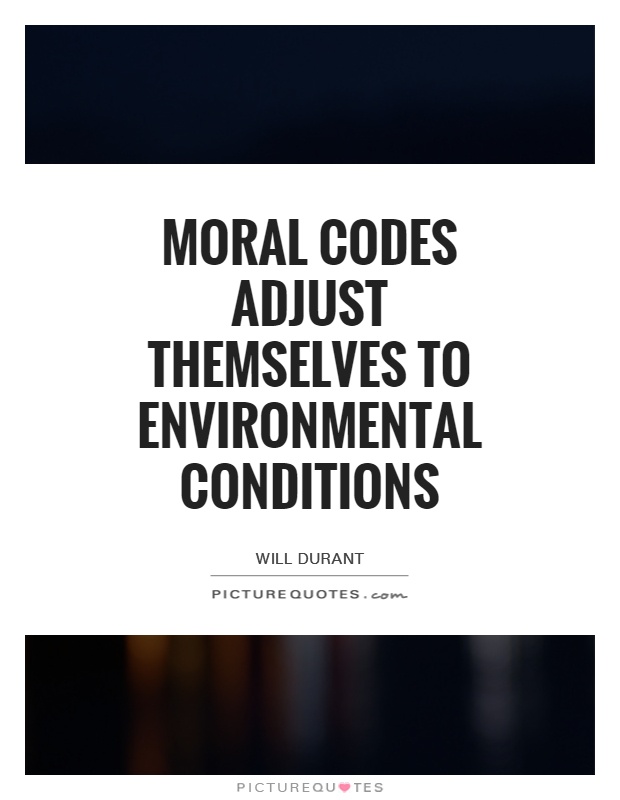
Moral codes adjust themselves to environmental conditions
Will Durant, a renowned American philosopher and historian, believed that moral codes are not fixed and unchanging, but rather adapt and adjust themselves to the environmental conditions in which they exist. This idea challenges the traditional view that moral principles are absolute and universal, suggesting instead that they are shaped by the context in which they are applied.Durant's perspective on moral codes aligns with his broader philosophy of history, which emphasizes the importance of understanding the social, cultural, and environmental factors that influence human behavior and values. He argued that moral codes are not static entities, but rather dynamic systems that evolve over time in response to changing circumstances.
One of the key implications of Durant's view is that moral codes are not imposed from above, but rather emerge organically from the interactions between individuals and their environment. This suggests that moral values are not simply handed down from on high, but are instead shaped by the lived experiences of individuals and communities.
Durant's perspective also highlights the importance of context in determining the validity and relevance of moral principles. What may be considered morally acceptable in one cultural or historical context may be deemed unethical in another. This suggests that moral codes are not absolute truths, but rather contingent upon the specific circumstances in which they are applied.
Furthermore, Durant's view challenges the notion of moral relativism, which posits that all moral values are equally valid. Instead, he suggests that moral codes can be evaluated based on their ability to promote human flourishing and well-being in a given context.
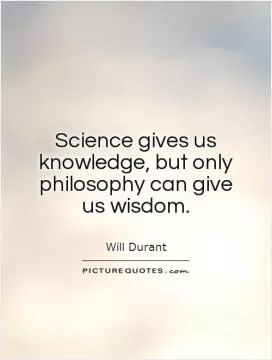
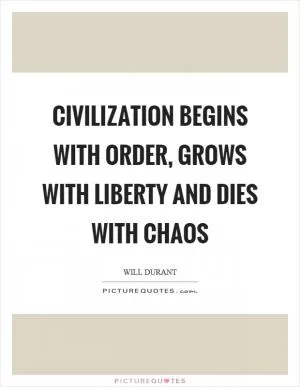
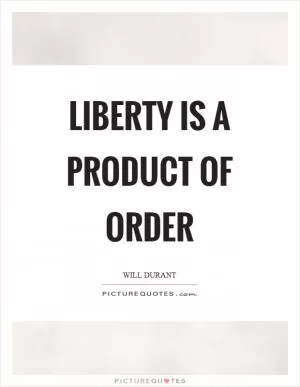

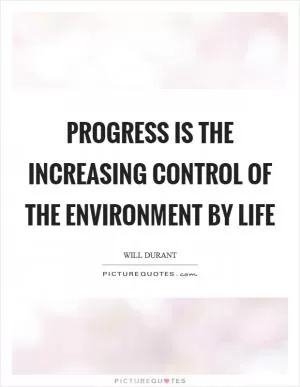
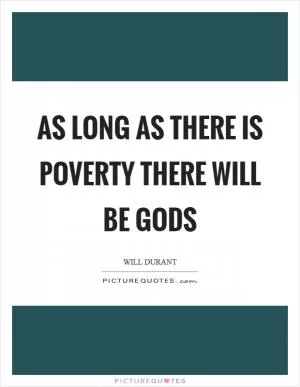
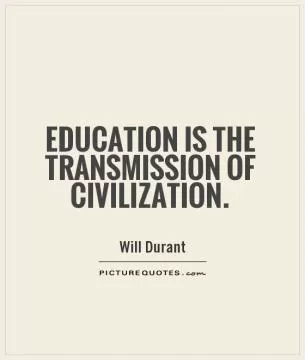
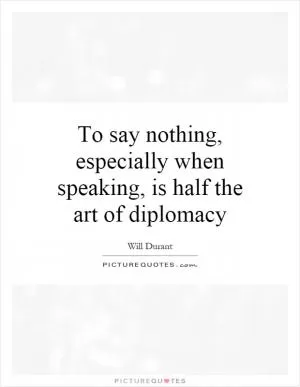
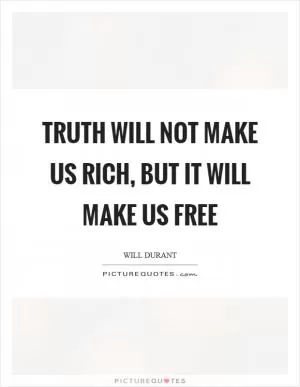
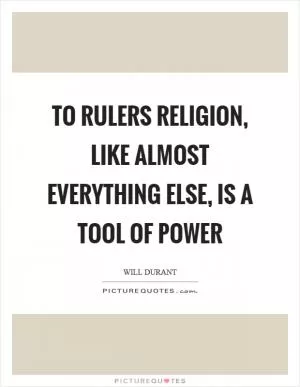
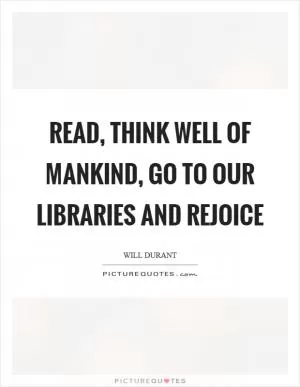

 Friendship Quotes
Friendship Quotes Love Quotes
Love Quotes Life Quotes
Life Quotes Funny Quotes
Funny Quotes Motivational Quotes
Motivational Quotes Inspirational Quotes
Inspirational Quotes